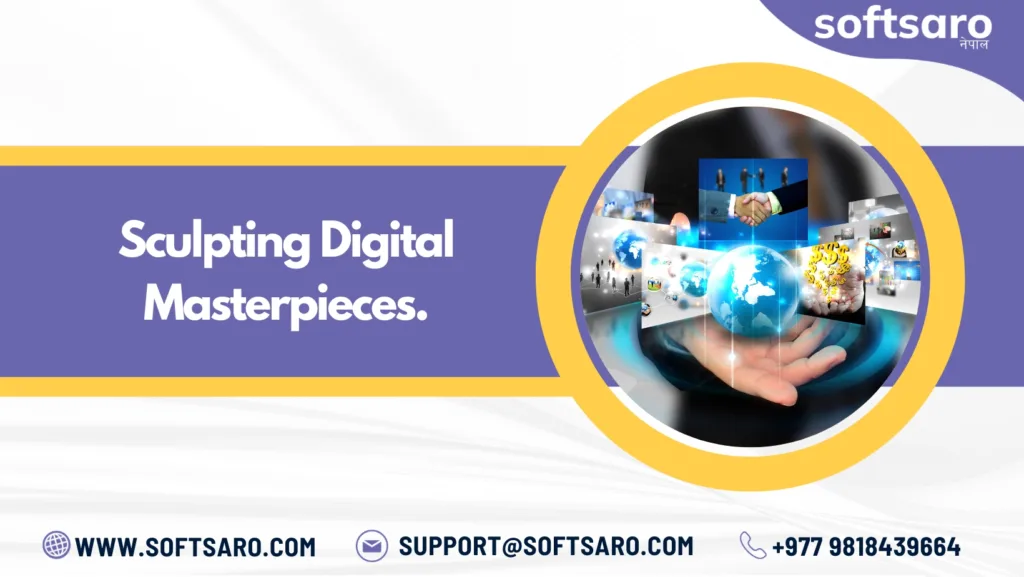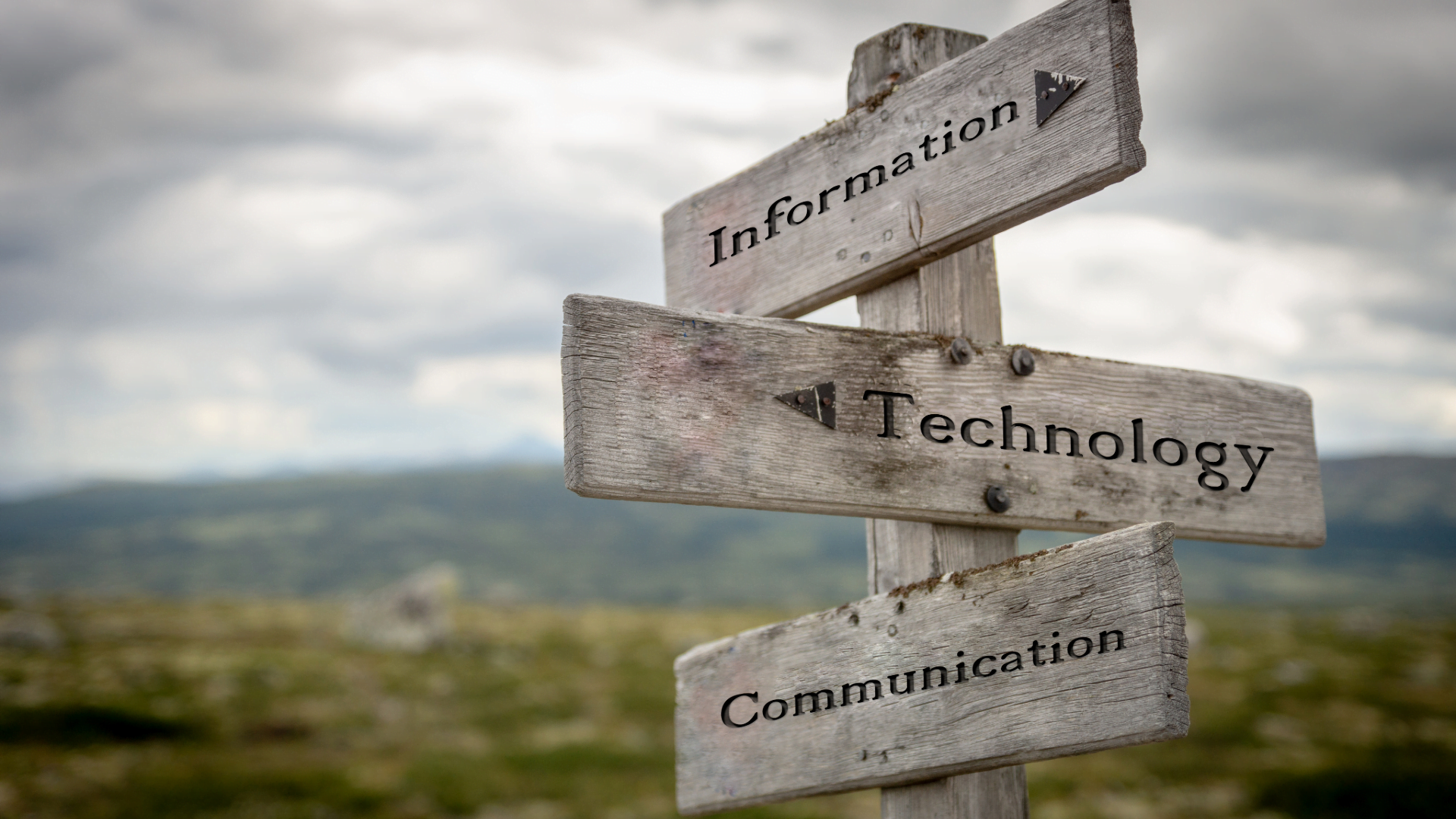Technology refers to the application of scientific knowledge and tools to solve practical problems or achieve specific objectives. It encompasses a wide range of techniques, skills, methods, processes used in the creation, development, systems, and services. Technology can be classified into various categories based on its application and nature. Technology is a dynamic and multifaceted field that influences nearly every aspect of modern life. Its impact is widespread, affecting how we communicate, work, learn, and address various challenges and opportunities.
Technology is increasing day-by-day in this generation. Increasing Technology refers to the continuous advancement and proliferation of technology in various fields. This ongoing process has significant implications for society, the economy, and various aspects of daily life.
Here are some key points to consider in increasing technology:
Innovation and Progress:
Increasing technology is synonymous with ongoing innovation and progress. It involves the development of new technologies, tools, and solutions that aim to improve efficiency, and overall quality of life.
Economic Impact:
Technological advancements often drive economic growth by fostering the creation of new industries, job opportunities, and business models. Industries such as information technology, biotechnology, and renewable energy have emerged and expanded due to technological progress.
Communication and Connectivity:
Advancements in technology have revolutionized communication. The rise of the internet, mobile devices, and social media has connected people globally, facilitating instant communication and information sharing.
Automation and Artificial Intelligence:
Increasing technology often involves the integration of automation and artificial intelligence (AI) in various sectors. This can lead to improved productivity, cost savings, and the ability to tackle complex tasks more efficiently.
Healthcare Advancements:
Technology plays a crucial role in healthcare with the development of medical technologies, telemedicine, personalized medicine, and health informatics. These advancements contribute to better patient care, disease prevention, and medical research.
Environmental Impact:
Technology can be harnessed to address environmental challenges. Innovations in renewable energy, sustainable agriculture, and environmental monitoring contribute to efforts to mitigate the impact of human activities on the planet.
Education and Learning:
Technology has transformed education through e-learning platforms, digital resources, and interactive tools. This allows for more accessible and personalized learning experiences.
Entertainment and Media:
Advancements in technology have transformed the entertainment industry with streaming services, virtual reality, augmented reality, and immersive gaming experiences.
Cybersecurity Challenges:
As technology advances, the need for robust cybersecurity measures becomes increasingly important to protect individuals, businesses, and critical infrastructure from cyber threats.
Ethical and Social Implications:
The increasing use of technology raises ethical and social considerations. Issues such as privacy concerns, algorithmic biases, and the impact of technology on employment are important aspects that need careful consideration.
Global Impact:
Increasing technology has a global impact, affecting societies worldwide. It can contribute to narrowing or widening global disparities depending on access to and adoption of technology in different regions.
Challenges and Risks:
Increasing Technology brings challenges and risks, including job displacement due to automation, ethical concerns, and the potential misuse of advanced technologies.
In summary, the phrase “increasing technology” captures the dynamic and transformative nature of technological progress, with far-reaching effects on diverse aspects of human life and the global landscape.





